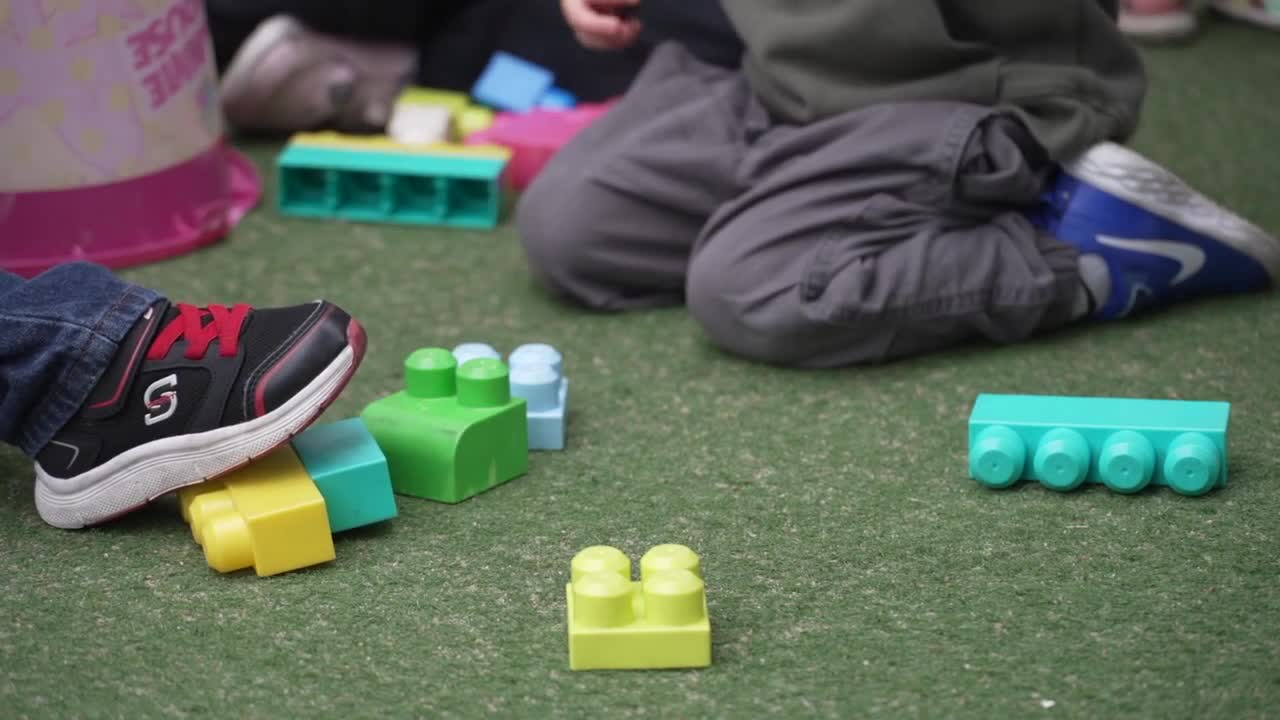OMAHA, Neb. (KMTV) — Along with standardized policies, the law mandates training for teachers, staff and care providers beyond just general emergency preparedness.
- LB457 took effect Wednesday Sept. 3.
- We spoke with Krista Barker, center director at Hamilton Heights Child Development Center in northwest Omaha about how they are implementing the new policies.
- "More so it's gonna be parent information that we're gonna get out. And more so just kind of empowering the knowledge of if there are trainings that we need to give if anybody is uncertain on what to look for when there's allergies, just finding those classes."
BROADCAST TRANSCRIPT:
A new Nebraska law that took effect Wednesday Sept. 3 requires schools and daycare's to have formal allergic reaction prevention and emergency response policies. It's something local childcare centers have been preparing for.
At Hamilton Heights Child Development Center in northwest Omaha, Center Director Krista Barker said watching over each child's well-being is their number one priority, especially when it comes to allergies.
"So we're already a peanut-free or a nut-free center. We have kiddos with egg allergies, some have environmental allergies with grass and pollen," Barker said.
With over 80 kids in their care, having safety practices in place is nothing new.
"It provides CPR, first aid to all of our staff, and that does touch base on how you give an EpiPen, what to do if you notice rattled breathing or they start with the hives, stuff like that," Barker said.
But new legislation expands on that. Under the new law, all public and private K-12 schools and licensed childcare providers will follow policies created by state agencies.
"I do think standardizing and having people review their procedures is always important to do," said Dr. Jill Poole, an allergist with Nebraska Medicine.
Along with standardized policies, the law mandates training for teachers, staff and care providers beyond just general emergency preparedness.
"The EpiPens can be a little tricky to use if you've never used one. And over the years I've clearly seen people use it incorrectly because they didn't know how to use it. And in that situation, it's very nerve-wracking and they can use it incorrectly," Poole said.
For Hamilton Heights, not much will change, other than leveling up their care.
"More so it's gonna be parent information that we're gonna get out. And more so just kind of empowering the knowledge of if there are trainings that we need to give if anybody is uncertain on what to look for when there's allergies, just finding those classes," Barker said.




